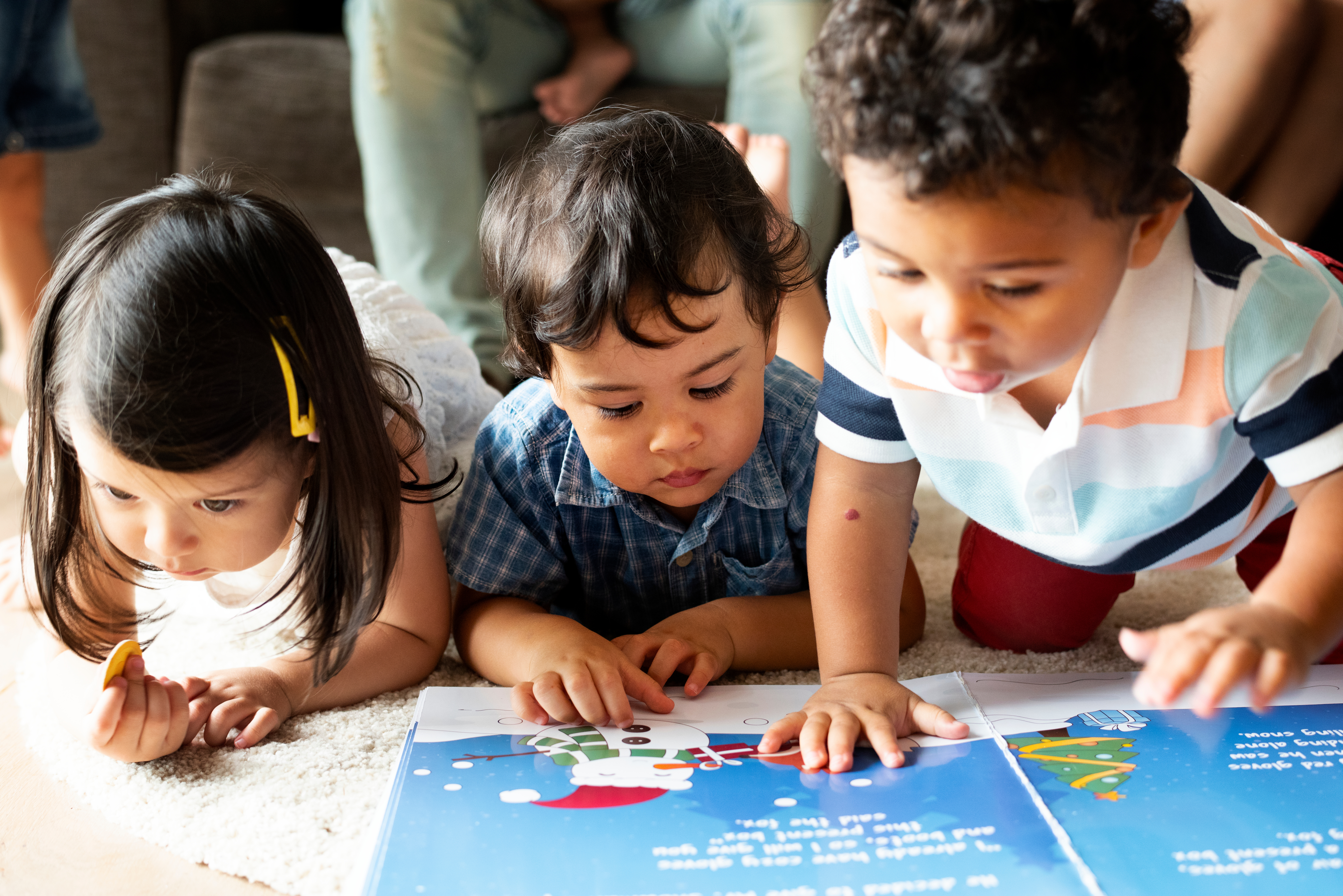Elevating Student Learning: Effective Strategies for Success
Understanding Student Needs
To effectively elevate student learning, it’s crucial to understand the diverse needs and abilities of each student. Every learner is unique, with individual learning styles, strengths, and areas for improvement. By recognizing and addressing these differences, educators can tailor their teaching strategies to better meet the needs of all students, promoting a more inclusive and supportive learning environment.
Promoting Active Engagement
Active engagement is essential for effective student learning. Rather than passively receiving information, students should be actively involved in the learning process, participating in discussions, asking questions, and applying concepts to real-world situations. Incorporating interactive activities, such as group projects, debates, and hands-on experiments, can help promote active engagement and deepen understanding of course material.
Fostering a Growth Mindset
Fostering a growth mindset is key to promoting student success and resilience in the face of challenges. By encouraging students to embrace challenges, learn from failures, and persist in the face of obstacles, educators can help cultivate a positive attitude toward learning and achievement. Emphasizing effort, perseverance, and the power of yet can help students develop a growth mindset and reach their full potential.
Providing Constructive Feedback
Constructive feedback is essential for supporting student learning and growth. Instead of simply assigning grades, educators should provide specific, timely feedback that highlights strengths, identifies areas for improvement, and offers guidance for further development. Feedback should be constructive, actionable, and focused on helping students achieve their learning goals. By providing ongoing feedback, educators can empower students to take ownership of their learning and strive for continuous improvement.
Utilizing Technology Effectively
Technology can be a powerful tool for enhancing student learning experiences. When used effectively, technology can facilitate collaboration, creativity, and critical thinking skills, while also providing access to a wealth of educational resources and content. Educators should leverage technology to create interactive learning experiences, engage students in multimedia projects, and differentiate instruction to meet individual needs.
Encouraging Collaboration and Peer Learning
Collaboration and peer learning can enhance student learning outcomes by providing opportunities for students to learn from one another, share ideas, and collaborate on projects. By fostering a collaborative classroom culture, educators can promote teamwork, communication skills, and a sense of community among students. Collaborative learning activities, such as group discussions, peer reviews, and cooperative projects, can help students develop important social and cognitive skills while also deepening their understanding of course material.
Emphasizing Real-World Relevance
Connecting classroom learning to real-world applications can help motivate students and make learning more meaningful and relevant. Educators should strive to incorporate real-world examples, case studies, and problem-solving activities into their lessons to help students see the practical applications of what they are learning. By emphasizing the relevance of course material to students’ lives and future careers, educators can inspire curiosity, engagement, and a deeper understanding of the subject matter.
Cultivating a Positive Learning Environment
Creating a positive learning environment is essential for promoting student engagement, motivation, and academic success. Educators should strive to create a welcoming, inclusive classroom where students feel safe, valued, and supported. By fostering positive relationships, setting high expectations, and providing opportunities for success, educators can help cultivate a positive learning environment where students are motivated to learn, explore, and grow.
Encouraging Reflective Practice
Encouraging students to engage in reflective practice can help deepen their understanding of course material and improve their metacognitive skills. Educators should provide opportunities for students to reflect on their learning experiences, set goals, and monitor their progress over time. By encouraging self-reflection and self-assessment, educators can empower students to take ownership of their learning and become more independent, self-directed learners.
Celebrating Student Achievements
Finally, celebrating student achievements and milestones can help foster a positive learning culture and motivate students to continue striving for success. Educators should recognize and celebrate students’ progress, growth, and accomplishments, whether big or small. By acknowledging student achievements publicly, providing positive reinforcement, and celebrating successes together as a class, educators can help build students’ confidence, self-esteem, and sense of pride in their learning journey. Read more about ways to improve student learning





